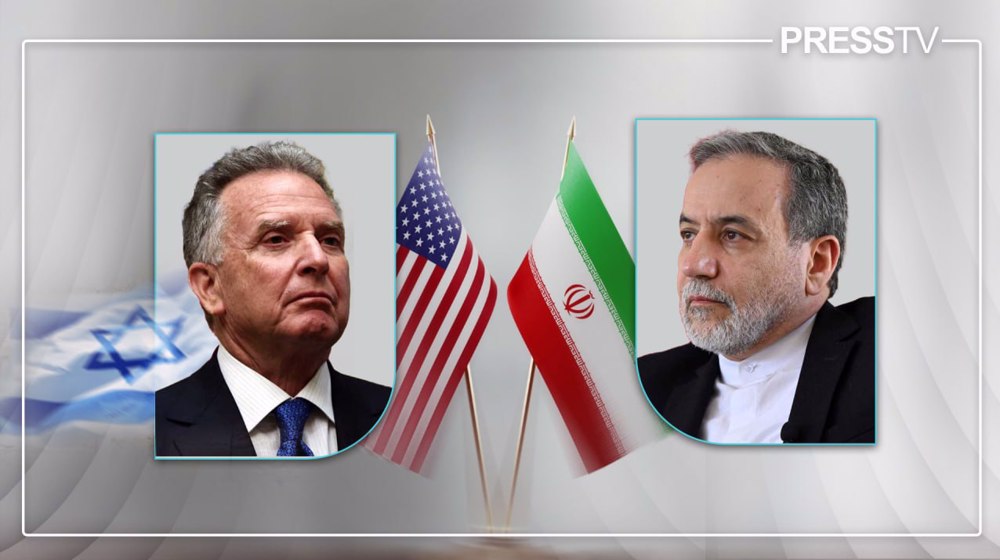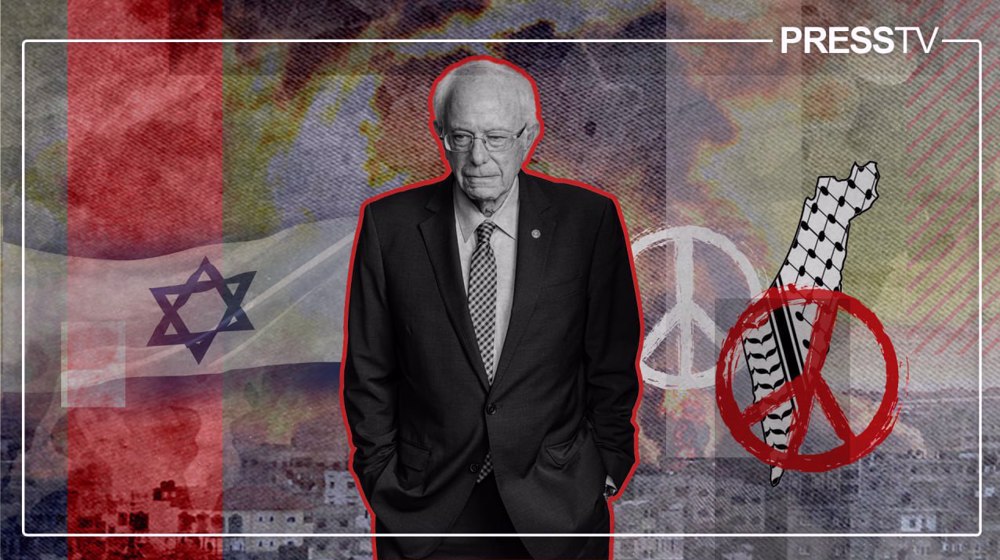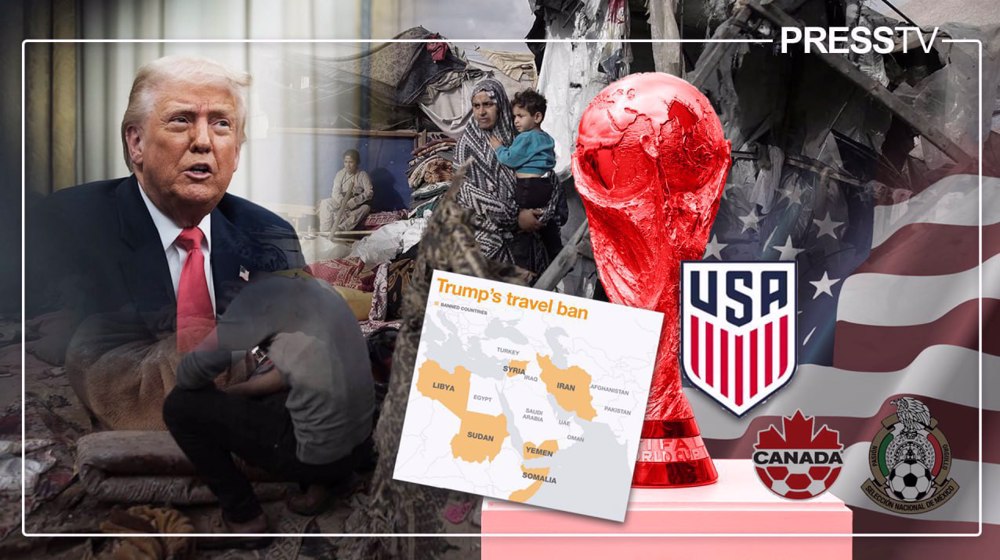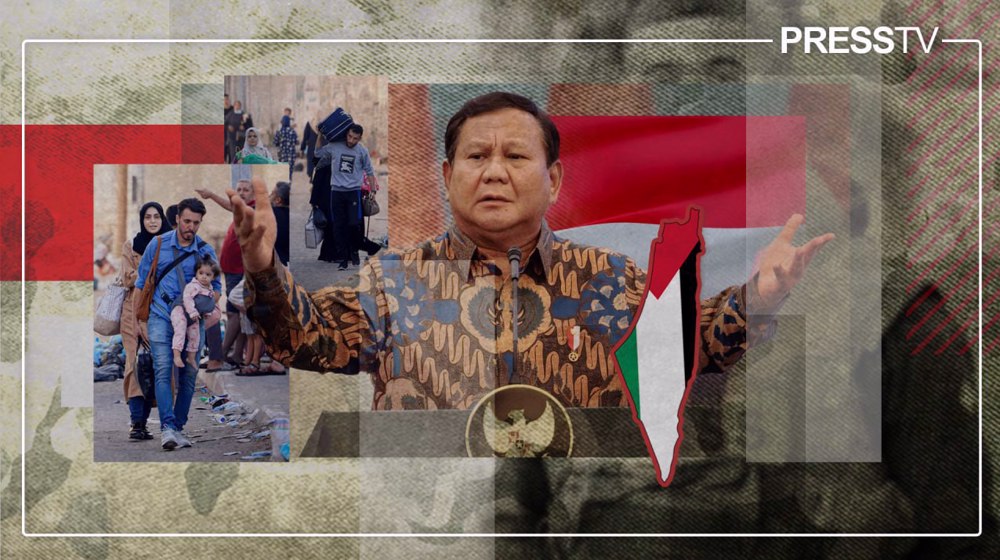Indonesia's Gaza intervention: A humanitarian gesture or a strategic trap?
By Dina Yulianti Sulaeman
Indonesian President Prabowo Subianto on Wednesday announced his country's readiness to offer temporary shelter to Palestinians injured in the ongoing Israeli genocidal war that has claimed over 50,000 lives in nearly 600 days.
Many welcomed President Subianto's announcement for its humanitarian value. Such a gesture is viewed as both noble and necessary, given the enormous scale of suffering and devastation caused by the Israeli-American genocidal onslaught on Gaza.
Yet, in international politics, not all humanitarian gestures are politically sound. This plan raises urgent ethical and strategic questions within the broader historical and geopolitical context.
Indeed, all forms of humanitarian assistance are inherently good. But context is critical. The analogy is simple: When Robin Hood gave money to the poor, he was praised for his generosity. But praise becomes morally complicated when that money comes from theft.
Similarly, evacuating wounded Palestinians appears to be a kind gesture until we recognize that it could, unintentionally, support a much darker agenda: the long-running effort by the settler-colonial Israeli regime and its allies to ethnically cleanse and depopulate Gaza.
The intention to empty Gaza of its native population has been openly articulated. Israeli Prime Minister Benjamin Netanyahu has declared that there will be "no Hamas and no civilians" in northern Gaza—a chilling statement of ethnic cleansing.
US President Donald Trump and his political allies have also publicly encouraged the displacement and relocation of Palestinians, even reportedly lobbying countries such as Indonesia and Egypt to accept Gaza's population.
Against this backdrop, the Indonesian government's evacuation plan—however well-meaning—must be assessed with great care. While evacuating 1,000 people may save lives in the short term, it could unintentionally contribute to a strategic trap: making the ethnic cleansing of Gaza appear as an act of global humanitarianism.
We must be careful not to, knowingly or unknowingly, become instruments of colonial designs that seek to erase an indigenous population.
There are alternative, more principled forms of humanitarian assistance that do not require uprooting Palestinians from their land. For instance, Indonesia could dispatch a hospital ship near Gaza. This would be another test of Israel's real intentions: would it allow humanitarian access by sea? If the Netanyahu regime blocks such a mission—as it has done several times in the past 18 months—it would further expose the reality that this is not about aid or security but about control and dispossession.
Indeed, Indonesia has long been a model of consistent foreign policy, refusing diplomatic ties with Israel as a matter of principle, while many Arab governments have chosen a different path, maintaining overt and covert relations with Israel and even supplying logistical support amid the ongoing genocide.
Therefore, Indonesia needs to consider a strategic standpoint, in which evacuating Palestinians without addressing the root cause of their suffering is like giving aspirin to a cancer patient: it may ease the symptoms, but it does not cure the disease.
This approach functions more as a thin concealment for ongoing Israeli practices of apartheid and genocide with world support.
What the Palestinian people truly need is not evacuation—they need justice, protection, and liberation. They need firm international support to halt the genocide, dismantle the Zionist regime and its apartheid, and reclaim their right to live freely in their homeland.
Humanitarianism must not be separated from political justice. Otherwise, it becomes an empty gesture or a tool of pacification and erasure.
The danger today in Palestine is not only military annihilation—it is historical erasure. Palestinians are not mere victims to be rescued and relocated; they are people with roots, memory, and resistance.
No matter how well-intentioned, every policy that removes them from their land must be scrutinized. Because every step in that direction risks fulfilling Israel's ultimate aim: a land without its indigenous people.
Solidarity is not about removing Palestinians from danger. It is about removing the threat from Palestine—ending the occupation, the siege, and the impunity.
True solidarity means standing with the Palestinian people where they are: in Gaza, in the occupied West Bank, in Jerusalem al-Quds—not taking them away from their struggle, but joining them in it.
Dina Yulianti Sulaeman is an assistant professor at Department of International Relations, Universitas Padjadjaran, Indonesia. She is also the founder of Jakarta based organization Free Palestine Network (FPN).
(The views expressed in this article do not necessarily reflect those of Press TV.)

Iran-US nuclear talks: A historical overview and future expectations

How Bernie Sanders condemns genocide in Gaza without actually condemning it

Trump's proposed travel ban should bar US from hosting 2026 FIFA World Cup
Tahrir Hospital director: Gaza children at most severe stage of malnutrition
VIDEO | An insider's view of Iran: Marvast in Yazd
VIDEO | An insider's view of the country: Termeh
Yemeni forces strike key Israeli targets with ballistic missile, kamikaze drone
Iran unveils legal strategies for SCO states to counter challenges
Gaza’s slow death: How aid blockade has pushed Palestinians to the brink
US plan requires Ukraine to give 20% of territory to Russia: Report
Iran: New sanctions show US 'lack of goodwill' in talks with Tehran







 This makes it easy to access the Press TV website
This makes it easy to access the Press TV website